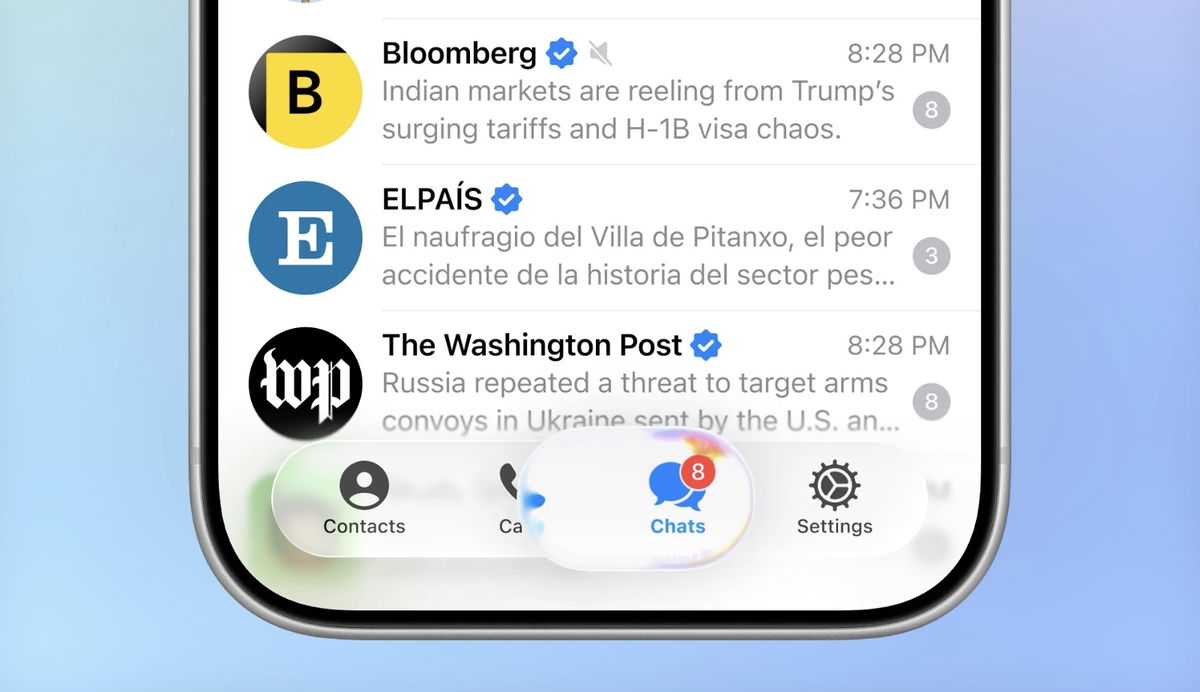YouTube has implemented changes to its content monetization rules “controversial” regarding eating disorders, sexual abuse, and abortion. These updates will allow creators to earn higher ad revenue as long as they avoid graphic detail and dodgy behavior.
(You might be interested in: New: Spotify will use AI to transcribe podcasts into Spanish).
In March, YouTube announced that it had made changes to its monetization measures, loosening restrictions on inappropriate language and adult content, and allowing ‘moderate’ profanity. This ensured that videos with such content remained eligible for monetization.
(You might be interested in: Mark Zuckerberg’s vision of the metaverse in trouble: ‘It doesn’t match reality’).
The latest update focuses on sensitive topics like eating disorders, abortion and sexual abuseTo provide creators with more opportunities to earn advertising revenue from content related to these topics.
Conor Kavanagh, YouTube’s director of monetization policy, explained in an informative video that creators can address these issues as long as they avoid graphic details and dodgy behavior.
Kavanagh said YouTube is aware that these videos are useful to users and, to the extent possible, As long as it is addressed in a non-descriptive and non-graphic manner, it will prevent the demonization of these issues.
Additionally, Kavanagh noted that some creator communities are having trouble monetizing content related to these topics, which is disproportionately impacting them.
(Read more: Woman begs to leave India: Says she suffers from panic attacks and anxiety).
YouTube is trying to address this by updating its monetization guidelines to give creators “more space to discuss these topics” while also allowing them to earn ad revenue.
Regarding eating disorders, Kavanagh noted that YouTube is aligning its content guidelines for advertisers with those of the community. According to community rules, Ad revenue will not be generated from videos that encourage harmful behaviors, such as overeating, hiding food, or guides to using laxatives.
(You might be interested in: Ángela Aguilar describes the bullying she faced: ‘It hurts’).
However, Kavanagh emphasized that educational videos or testimonials from survivors that address eating disorders “without encouraging such activities” would not be affected by these guidelines.
*This content was rewritten with the help of artificial intelligence, based on information published by Europa Press, and reviewed by the journalist and editor.
Source: Exame













